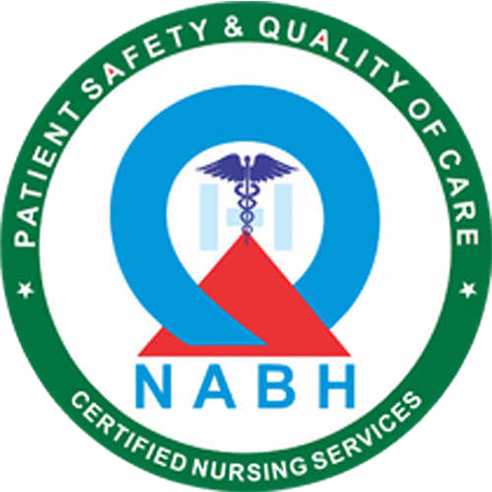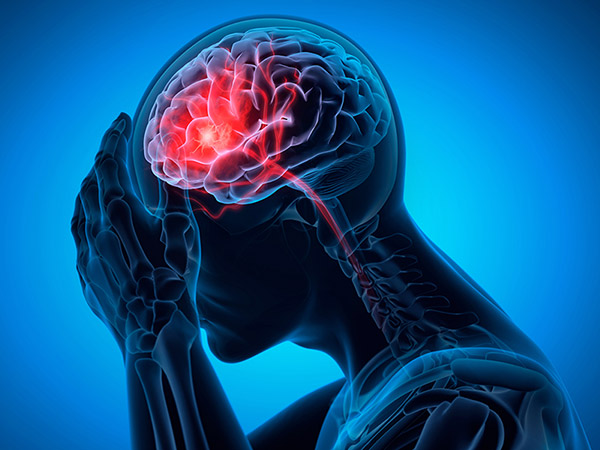Most people know that diet, exercise, and stress play important roles in cardiovascular health. But a growing body of research is uncovering a powerful connection between your digestive health and your heart health. This link, often referred to as the gut-heart connection, is reshaping how we think about cardiovascular wellness and overall well being.
In this blog post, we’ll explore the science behind the gut-heart connection, common digestive issues that may impact your heart, and practical tips on how to improve cardiovascular health by supporting your digestive system.
The Gut–Heart Connection
Your gut is home to trillions of microorganisms—collectively known as the gut microbiome. These microbes don’t just help digest food; they also produce important compounds that influence inflammation, immune function, and even the cardiovascular system.
When your gut is healthy, it supports the production of anti-inflammatory compounds and helps regulate blood pressure and cholesterol. However, an imbalanced gut microbiome— also called dysbiosis—can lead to increased production of harmful byproducts like TMAO (trimethylamine N-oxide), which has been linked to clogged arteries and a higher risk of heart disease.
A healthy gut contributes to:
- Reduced systemic inflammation
- Better cholesterol metabolism
- Improved blood pressure regulation
- Stronger immune response
These benefits make a clear case for why digestive health is a crucial component of long term cardiovascular wellness.
Common Digestive Issues and Heart Health
Certain gastrointestinal problems may have indirect but serious effects on your heart. Here are some examples:
- Leaky Gut Syndrome: When the intestinal lining becomes too permeable, it allows toxins and bacteria to enter the bloodstream, triggering inflammation that affects the heart.
- Irritable Bowel Syndrome (IBS): Studies suggest a correlation between IBS and increased levels of stress and inflammation—both of which can impact cardiovascular health.
- Inflammatory Bowel Disease (IBD): Conditions like Crohn’s and ulcerative colitis have been associated with increased risk of heart disease, likely due to chronic inflammation.
Ignoring digestive symptoms could mean overlooking early warning signs that affect more than just your gut.
Tips for a Heart-Healthy Gut
If you want to support your heart health, start by nurturing your digestive system. Here are actionable tips:
1. Eat a High-Fiber Diet
Fiber-rich foods—like fruits, vegetables, legumes, and whole grains—promote the growth of beneficial gut bacteria and help lower LDL (bad) cholesterol.
2. Incorporate Fermented Foods
Probiotic-rich foods like yogurt, kefir, kimchi, and sauerkraut help balance the microbiome and reduce inflammation.
3. Limit Red and Processed Meats
These can increase TMAO production, which is linked to arterial plaque and increased heart disease risk.
Stay Hydrated
Water helps with digestion and nutrient absorption, both of which are important for overall gut and heart function.
5. Exercise Regularly
Physical activity supports healthy gut bacteria and improves heart function by reducing blood pressure and strengthening circulation.
6. Manage Stress
Chronic stress can disrupt gut bacteria and elevate inflammation. Mindfulness, meditation, and regular sleep are essential for both gut and heart health.
How the Gut Affects Cardiovascular Wellness
Gut Microbiome and Heart Disease
Agape Family Health explains that gut dysbiosis—an imbalance in gut bacteria—can trigger the production of harmful metabolites like TMAO, which accelerates atherosclerosis and raises the risk of heart attacks and strokes.
Gut Bacteria and Heart Function
Modern Heart & Vascular echoes this, noting that trillions of microorganisms in our gut produce substances that influence blood pressure, cholesterol, inflammation, and overall cardiovascular wellness.
Key Mechanisms: From Gut to Heart
- Inflammation and Gut Permeability
A disrupted gut lining allows toxins into circulation, triggering systemic inflammation—a root cause of many heart conditions. - TMAO Production
Gut microbes metabolize choline (from red meat and eggs) into TMA, which the liver converts to TMAO—a compound linked to increased cardiovascular risk. - Short-Chain Fatty Acids (SCFAs)
A fiber-rich diet supports gut bacteria that produce SCFAs, which help reduce inflammation, relax blood vessels, and support heart health.
Practical Strategies to Improve Cardiovascular Health Through Gut Care
Granite Gastroenterology emphasizes a proactive, holistic approach to wellness. Here’s how to start improving both your digestive and cardiovascular systems:
Increase Fiber Intake
Whole grains, legumes, fruits, and vegetables feed beneficial gut bacteria and help lower LDL (bad) cholesterol.
Add Fermented Foods
Yogurt, kefir, sauerkraut, and kimchi provide live probiotics that support microbial diversity and digestive health
Reduce Red and Processed Meat
Limiting red meat consumption can help reduce TMAO production and associated cardiovascular risks.
Consider Probiotic and Prebiotic Supplements
These support gut balance, especially after antibiotic use. Consult a healthcare provider for personalized advice.
Maintain Regular Physical Activity
Exercise promotes gut motility and a healthy microbiome, while also strengthening the heart and improving circulation
Supporting Gut Health for Cardiovascular Wellness
To improve both your digestive health and your cardiovascular wellness, consider the following comprehensive strategies:
- Prebiotics and Probiotics: Prebiotics (found in foods like garlic, onions, and bananas) feed good gut bacteria. Probiotic supplements can also help maintain microbial balance.
- Reduce Sugar and Processed Foods: These can cause inflammation and feed harmful bacteria in the gut.
- Avoid Overuse of Antibiotics: Antibiotics can disrupt the gut microbiome. Only use them when absolutely necessary and follow up with probiotic support.
- Routine Checkups: Regular health screenings can help you monitor both gut and heart health markers, including cholesterol, blood pressure, and digestive performance.
Taking a holistic approach will support your entire body—not just one system at a time.
Conclusion
The relationship between your gut and heart is more significant than most people realize. Scientific evidence and clinical observations consistently show that digestive health plays a major role in maintaining cardiovascular wellness.
By understanding the gut–heart connection and implementing daily habits that support both systems, you can significantly reduce your risk of heart disease and improve your quality of life.
So, if you're looking for ways on how to improve cardiovascular health, start with your gut. The path to a stronger, healthier heart begins in your digestive system.
Frequently Asked Questions (FAQs)
1. Can poor digestive health really affect heart function?
Yes. Poor digestive health can lead to inflammation, imbalanced gut bacteria, and production of harmful compounds like TMAO—all of which are associated with increased risk for cardiovascular disease
2. What foods support both gut and heart health?
Foods rich in fiber (like oats, fruits, vegetables, and legumes), fermented foods (like yogurt and kimchi), and omega-3-rich options (like fatty fish and flaxseeds) are beneficial for both your gut and heart health.
3. What is the fastest way to improve cardiovascular health through diet?
Start by increasing fiber intake, reducing processed foods and red meats, drinking more water, and including more plant-based meals. These steps will support both cardiovascular wellness and gut balance.
4. How do probiotics affect heart health?
Probiotics help maintain a healthy gut microbiome, which reduces inflammation and supports better cholesterol metabolism—two key factors in improving cardiovascular health.
5. Are there signs that my gut health may be affecting my heart?
While indirect, signs like chronic bloating, fatigue, inflammation, or frequent digestive upset—combined with high cholesterol or blood pressure—may indicate a need to evaluate your gut-heart connection with a healthcare provider.
6. How long does it take to see improvements in heart health from gut-focused changes?
Many people report digestive improvements within a few weeks of dietary changes, but sustained cardiovascular health improvements typically occur over several months with consistent lifestyle habits.






